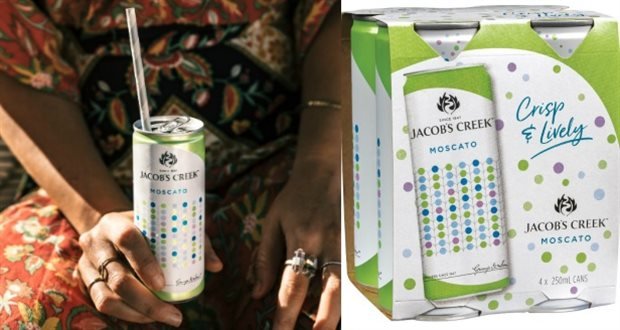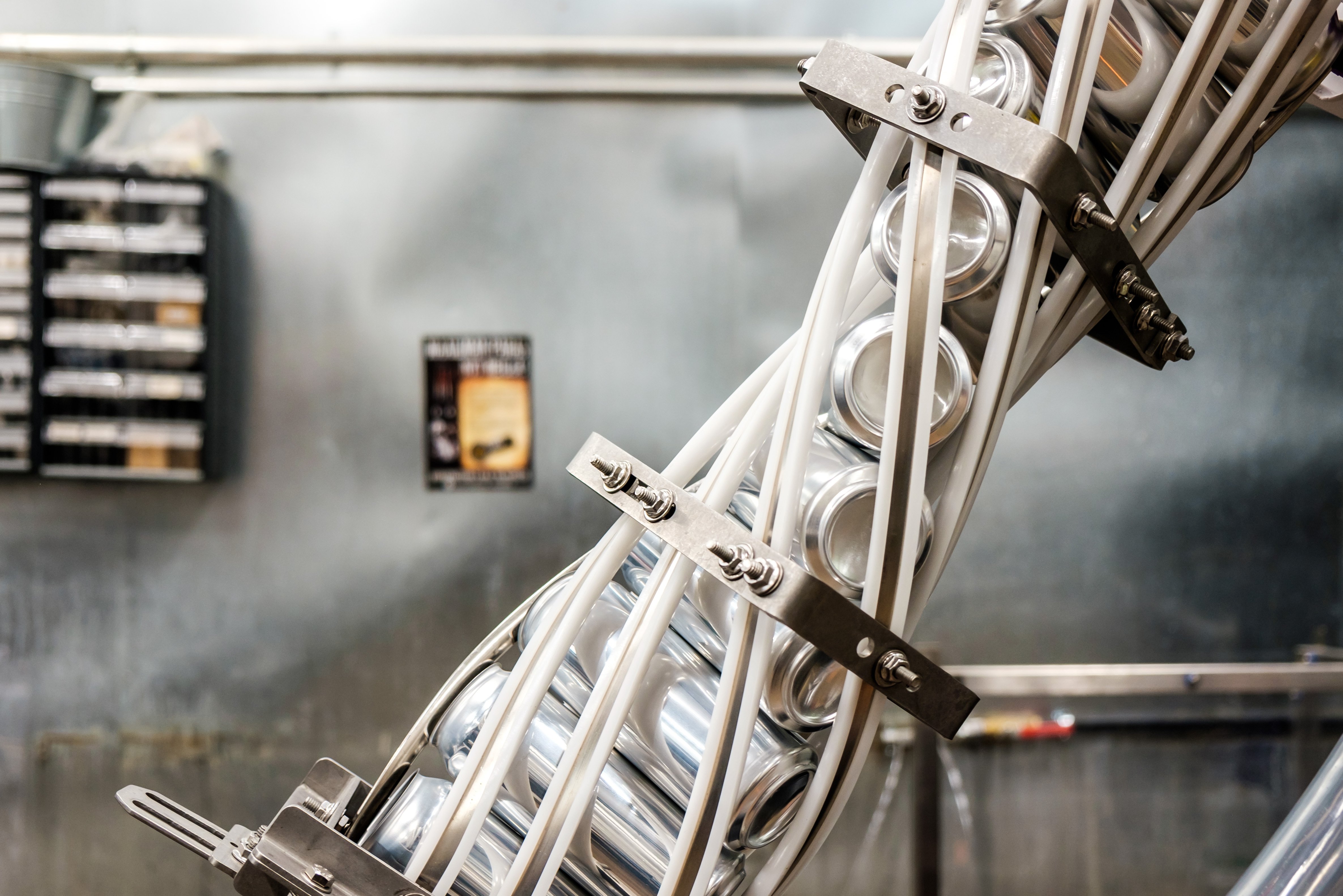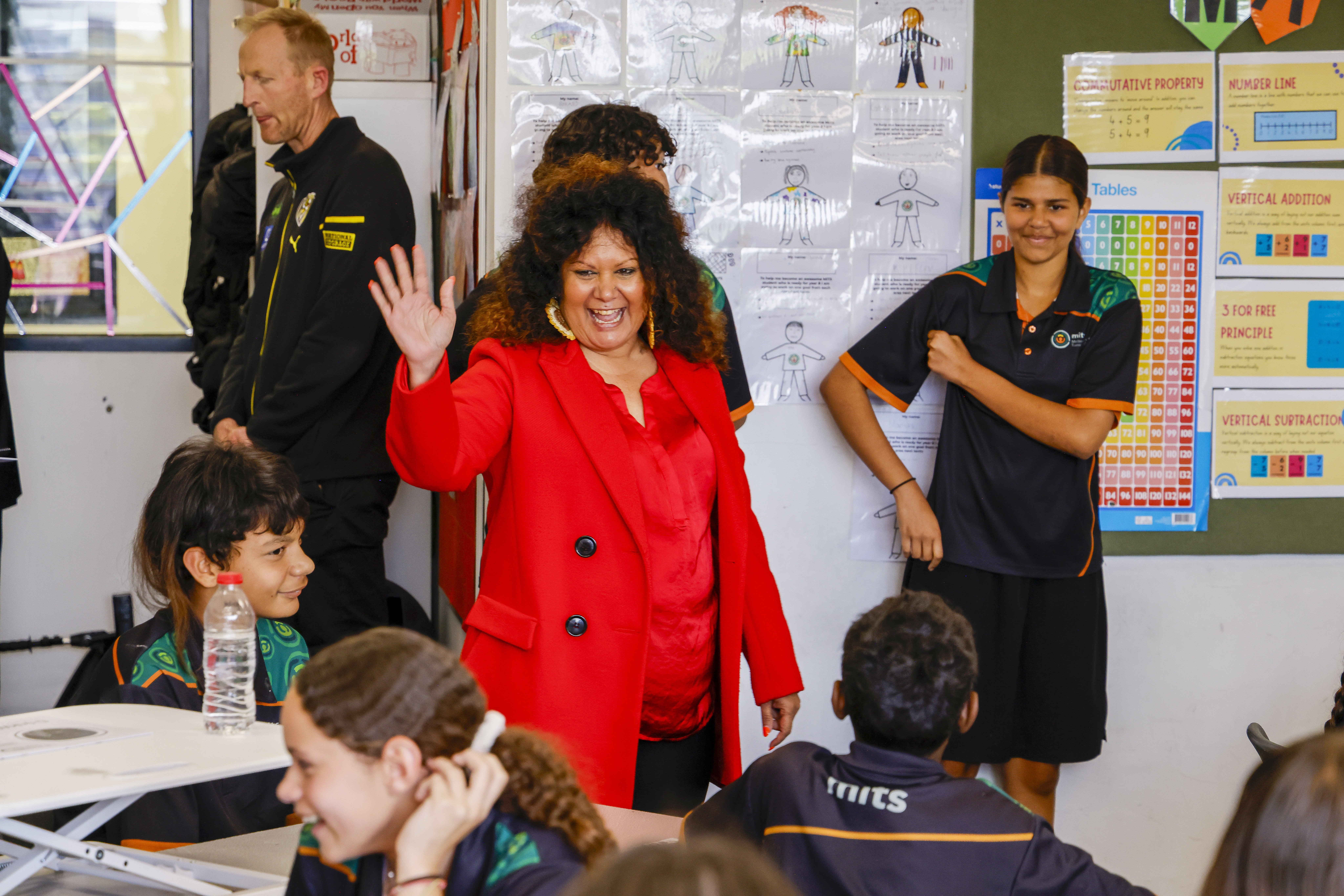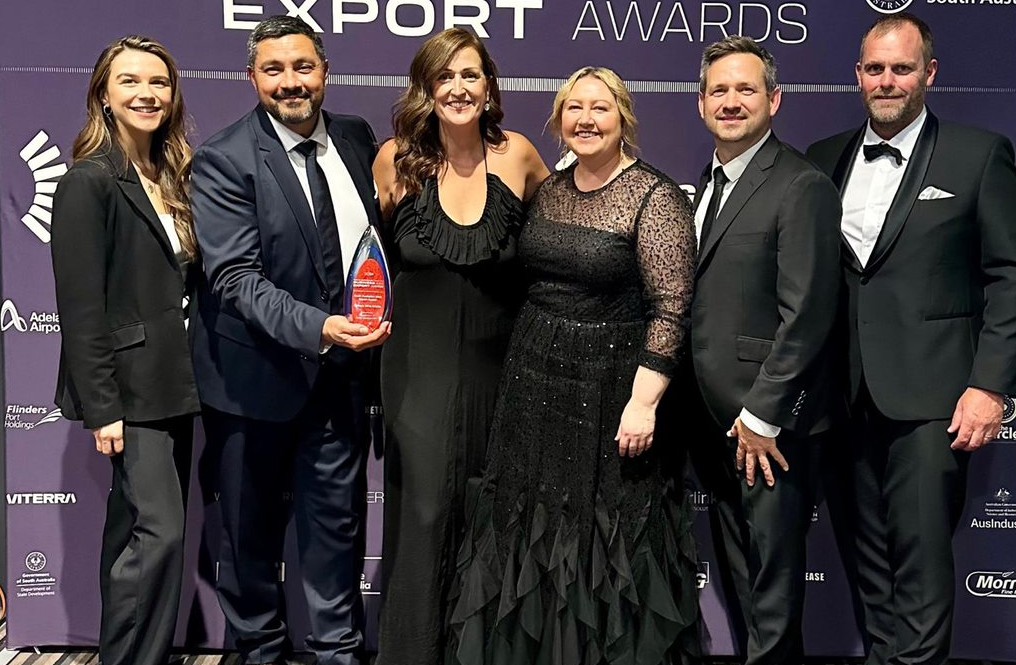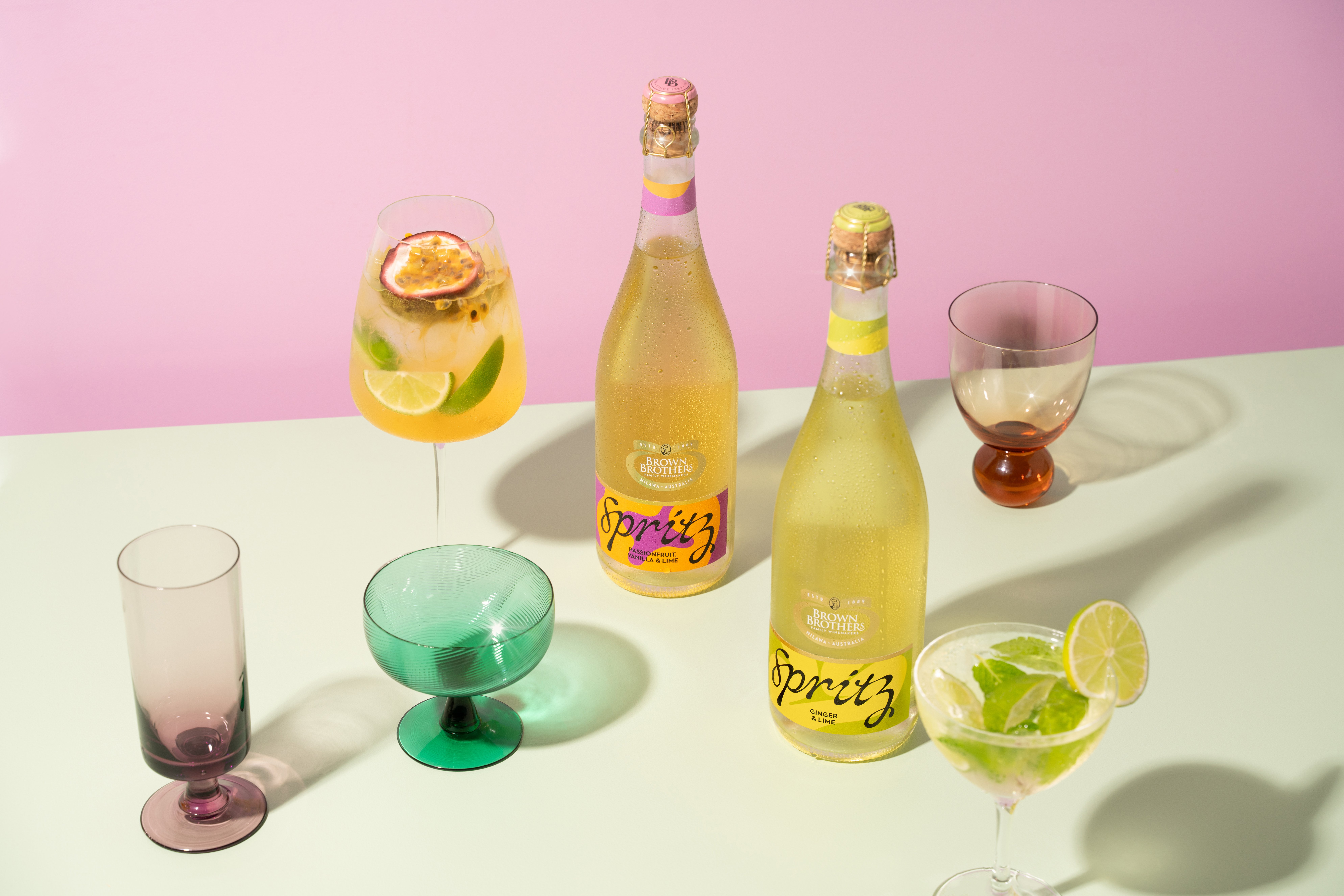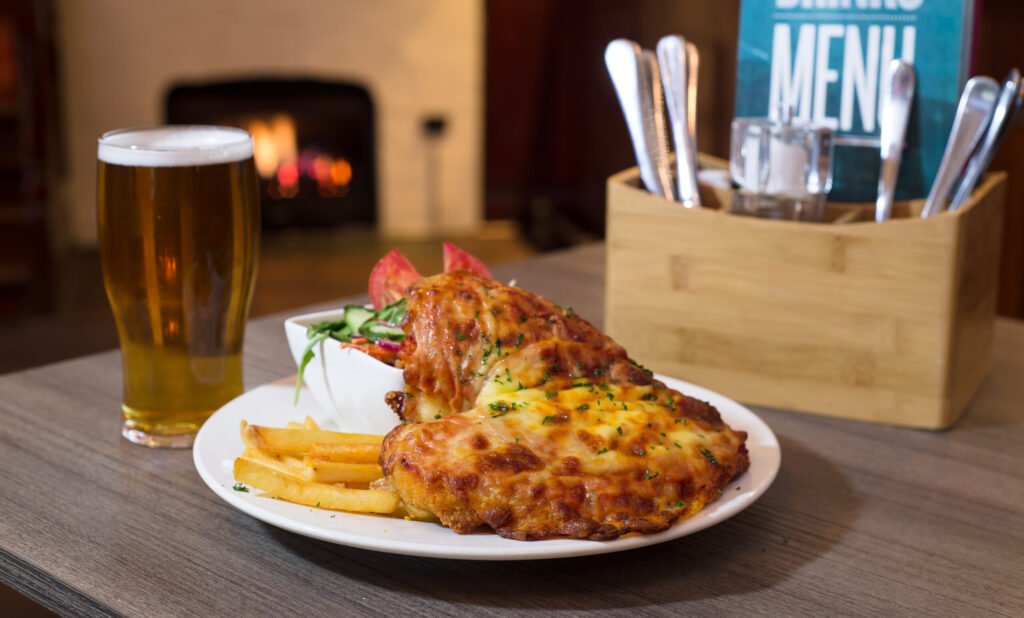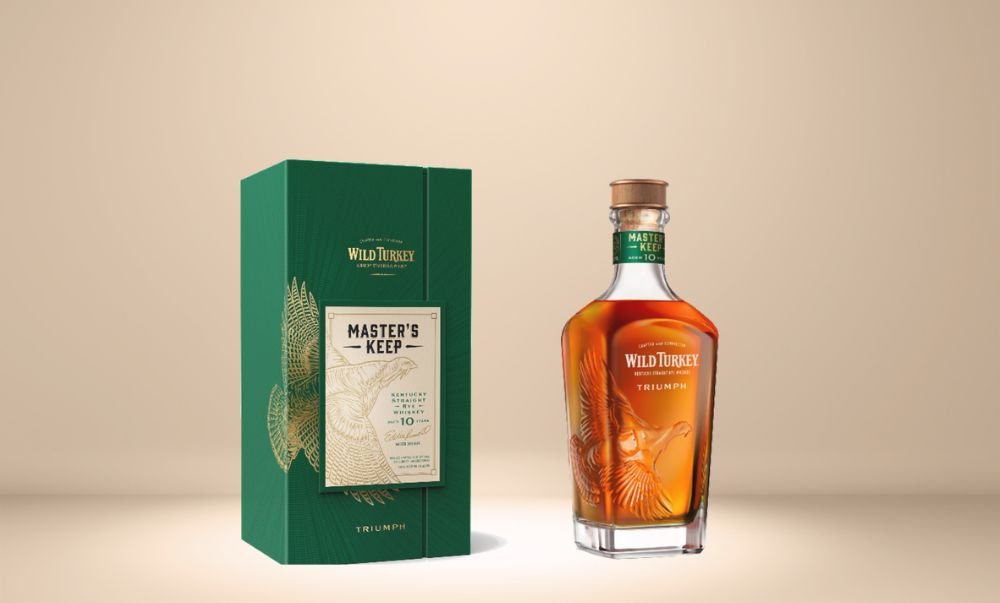Pernod Ricard has launched Jacob's Creek Moscato in cans in Australia, following its success in the Canadian market.
Eric Thomson, Pernod Ricard Australia Marketing Director, said: “We are seeing Australian consumers driving demand for new innovative pack formats in wine; and cans seem to be leading this trend.
"The emergence of this segment has provided the ideal opportunity for us to launch Jacob’s Creek Moscato cans.
"We’ve watched the success of this wine and format closely in Canada, where the format has provided consumers with greater choice and a convenient way to enjoy this light and fresh wine across a multitude of occasions.
"Jacob’s Creek has had great success launching new innovation for the category that has helped grow new segments, and is looking closely at the performance of the cans category and how consumers respond it.”
The cans have just reached shelves and are available for purchase in a four-pack for an RRP of $22. According to Pernod Ricard, the style of the wine can be described as: "A deliciously refreshing 'frizzante' style wine delicately spritzed with vibrant sherbet flavours and balanced with lively summer fruit sweetness."
Dan Murphy's embraces the can

Earlier this year, Dan Murphy’s head of wine said he expects sales of canned wine to grow exponentially in the liquor chain.
George Radman told News Corp: “Our customers have embraced wine in a can due to its convenience. These products are lighter, typically less expensive and more portable than bottled wine. Based on the growth of canned craft beer over the last few years we have already seen a huge shift in consumer attitudes, it’s now recognised that a can doesn’t mean compromising on quality.”
Data from Nielsen has shown that sales of canned wine are continuing to surge in the United States, with the category taking $32million in sales in the 12 months to August 2017.
The reason: millenials love the packaging.
"It just took off like crazy this year," Food & Wine executive wine editor Ray Isle told CNBC's "On the Money". "The growth is up 60% in one year. And practically half of that is in the last 12 weeks."
Isle is referring to the sales spike beverages receive during the summer months.
"It addresses an audience that wants convenience in a way that bottles don't allow," he said. "You can take wine anywhere you can't bring glass, like the beach, camping, hiking, or sports events."
He said it also appealed to millenials' desire for environmentally sound products. "Ecologically, it's friendlier. It's more recyclable. It has a lower carbon footprint because it's much lighter to ship than glass."
Alternative packaging key to grown in alcohol industry

New research by wine giant E. & J. Gallo has also found alternative packaging is key to growth in the alcohol beverage industry.
Gallo's consumer and shopper understanding project, Knowledge Unearthed for Business Expansion (KUBE), surveyed more than 23,000 drinks consumers for its 2018 Consumer Alcohol Beverage Survey.
The research looked at nearly 100,000 usage and purchase occasions – across on premise, off premise and e-commerce.
It found innovation in the areas of alternative packaging and occasions continues to drive purchase. Wine in cans, Tetra packs and single serve formats are helping to expand wine occasions to include instances where wine may not be top-of-mind, such as outdoor gatherings.
According to Gallo, providing a diverse range of wine styles, spirits offerings, packaging formats and more, ensures there is something for everyone. Around 41% of wine consumers said they would buy wine in alternative packaging if they knew it was high quality, while 25% of wine consumers said they were more open to try new wines if they didn't have to buy a full-size bottle.
Share the content
